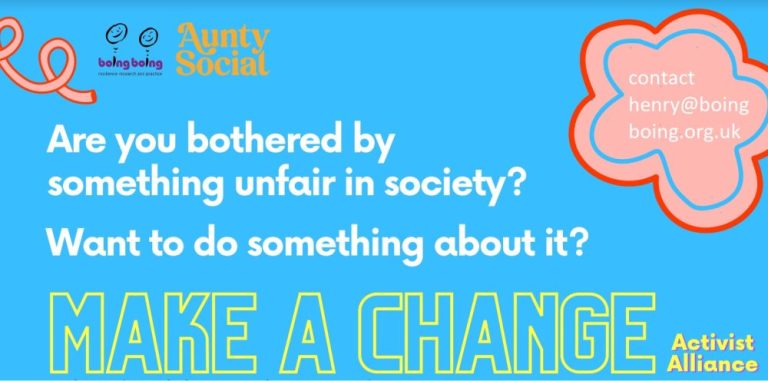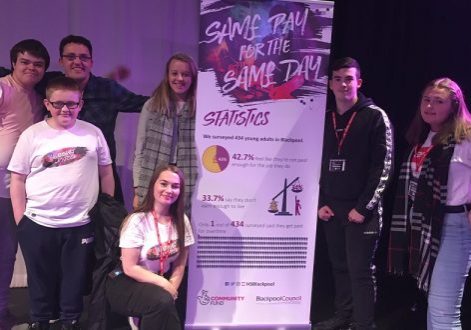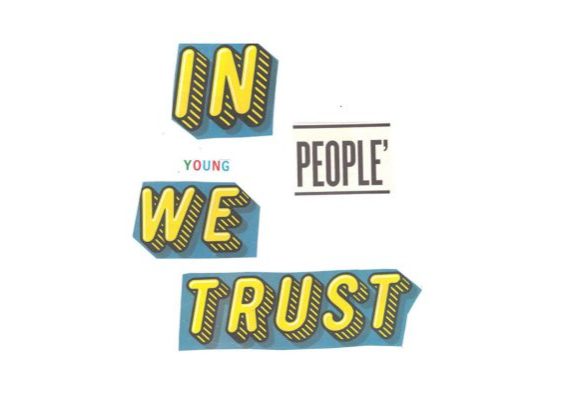I stood there on a warm August day with a sense of hope. People of all ages had come together for Make A Change, the inaugural launch event of the Activist Alliance in Blackpool. And it seemed to have come at just the right time. Things seem to be going from bad to worse lately. The age of austerity, the climate crisis, a global pandemic, and a soaring cost of living. No wonder we’re hearing the word ‘resilience’ more and more these days.
Resilience is all about overcoming adversity. We say that someone is resilient when they’ve bounced back from tough times, or beaten the odds that are stacked against them. There’s a problem with this way of speaking, though. It makes it seem like resilience is something within us – an ability that some of us have to pull ourselves up by our bootstraps; the grit to get on with things when life deals a bad hand. But this is wrong. Or at least, it’s only a small part of a much bigger picture. It’s like thinking an elephant is a duster because you’ve only seen its tail. Yes, all other things being equal, different people will behave differently under adverse conditions. But in our society, all other things are most certainly not equal.
We know that the people who are better able to overcome adversity are those people who live in better quality houses in safer neighbourhoods, have healthier relationships with their family and friends, have access to better funded public services, and so on. It’s obvious really. When life deals you a bad hand it’s much easier to deal with it if you’re not already on the back foot. The likelihood that a person will overcome adversity – to have the kind of outcomes we typically identify with resilience – therefore depends on so much more than their ‘inner grit’. It depends on the systems we live within. Many of us will find that some of these systems are working against us. Some of us will find that many of them are. Since these systems play a large part in determining whether we overcome adversity, increasing our resilience can’t simply mean learning to accept our lot. We’ve got to change those systems so that they work with us rather than against us. It isn’t just about beating the odds; it’s also about changing the odds. It’s about making society fairer.
This understanding of resilience – ‘beating the odds whilst also changing the odds’ – is at the very core of activism. For some, ‘activism’ is a bit of a dirty word, it can put people off engaging in positive social action. That’s hardly surprising, given that much of the activism portrayed in the media is pretty extreme and can end up alienating people. Perhaps especially those of us with less power and privilege in society, who are more likely to be at risk of harm, criminalisation and further marginalisation in some activist spaces such as protests. Of course, as with many of our concepts, different people have different ideas about what activism is – it doesn’t have to be handcuffing yourself to railings or causing road blocks. Marcus Rashford’s activism in his campaigning for free school meals gets publicity too, but few would find it alienating. He is simply doing what he can to change that system – to make it fairer. Many of us are already activists in our communities whenever the conversations we have, values we share and actions we take challenge unfair systems.
Activism, then, in looking to bring about systemic change, aims at ‘changing the odds’. Not only that, there’s evidence that taking part in activism can be beneficial for your mental health too. Admittedly, this claim needs qualifying. Surrounding yourself with passionate people driven to create large scale change can lead to fatigue and burnout. But when it’s done in the right way – when you have the right support and don’t overburden yourself – activism can boost wellbeing. So, in this way, activism can help us to beat the odds as well as change them. And this is precisely what the Activist Alliance aims to do.
There’s already loads of amazing people in Blackpool working hard to change the odds and make society fairer. And, as Make A Change showed, there’s a real appetite for it. So, we thought, why not create a friendly and supportive space where we can all come together, find out about what’s going on locally, share learning, and even create our own campaigns? The Make a Change event was just a taster. It was organised in a partnership between Boingboing and Aunty Social, but since then more people and organisations have joined the Activist Alliance. We’re currently co-producing a follow-on series of workshops to build on what it started. Amidst the gloom of current affairs there are some rays of hope breaking through. Come and join the Activist Alliance – we’d love to hear from you! Contact [email protected].



